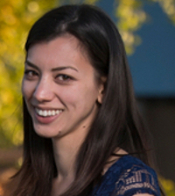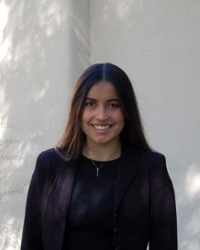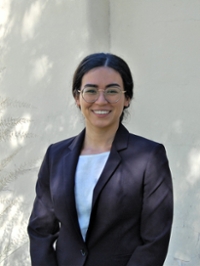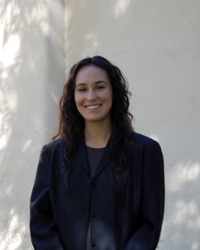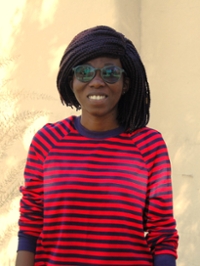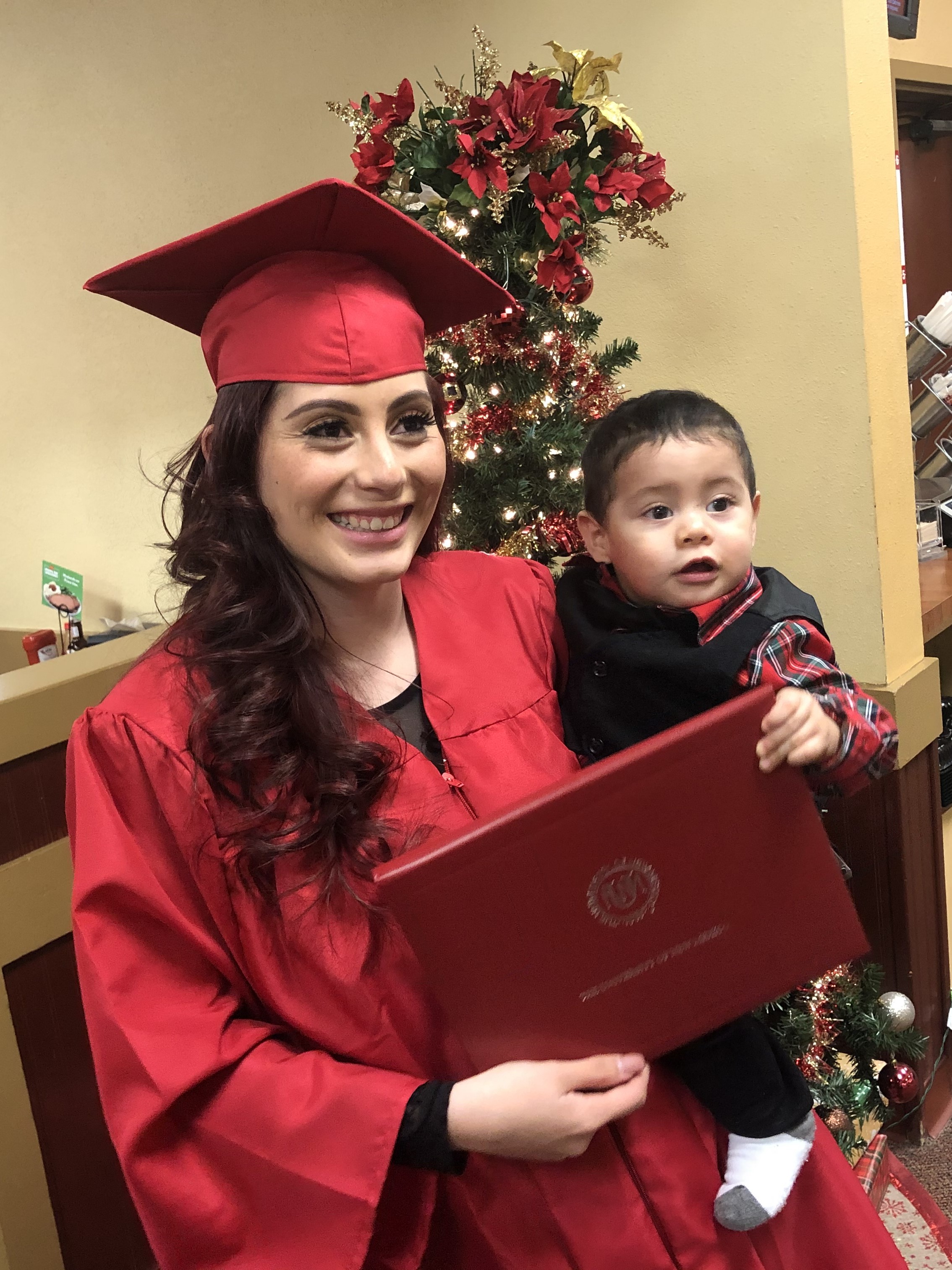Health and Social Policy Fellowship
About The UNM Health and Social Policy Doctoral Fellowships
The University of New Mexico Center for Social Policy Health and Social Policy Doctoral Fellowships Program is a doctoral fellowship program for Ph.D. students with educational and research interests that involve social policy, including health policy and health inequalities, immigration policy, environmental policy, educational policy, and criminal justice policy.
The University New Mexico’s Center for Social Policy (UNM CSP) seeks to increase the participation of the nation’s under-represented racial and ethnic groups (e.g., Hispanic, Native American, African American, etc.) in the development, implementation, and analysis of social policy. At the core of the UNM CSP’s mission is the education of a new generation of leaders in health and social policy research, leaders whose backgrounds represent the full diversity of the U.S. population.
Fellowship Director | |
| Melanie Sayuri Sonntag, Ph.D., is a Research Scientist and the Fellowship Director at the Center for Social Policy. Her work focuses on social, institutional, and political barriers to equity for racial and ethnic minorities and women. She is the PI for a project evaluating the impact of Short-term and Long-term Cash transfer/Guaranteed Income in the City of Santa Fe. She holds a B.A. in International Liberal Studies from Waseda University in Tokyo, Japan, and a M.A. in Political Science from Philipps-University in Marburg, Germany. She recently completed her Ph.D. in Political Science at the University of New Mexico.
|
2024-2025 Fellows | |
Ana Milan Hinostroza is a third-year PhD student in the Department of Economics at the University of New Mexico (UNM). She is originally from Ecuador but came to New Mexico six years ago to pursue higher education. She holds a Bachelor of Science in Statistics, a Bachelor of Arts in Economics, and a Master of Arts in Economics from the UNM. Ana focuses on applied microeconomics with a focus in health and public policy topics. Within this field, her current work centers on examining the impact of “sin” taxes as a measure to address excessive consumption patterns and mitigate the adverse effects associated with products such as alcohol and sugary-sweetened beverages.
| |
Catalina Pacheco is a doctoral student in the Clinical Psychology program whose main research interests include exploring psychological influences on health behaviors among Hispanic/Latina women. Specifically, her work centers on the relationship between various aspects of body image and diet and exercise behaviors. Catalina aims to conduct research that expand the field of body image research to include historically marginalized populations. Catalina ultimately hopes to use her research to improve health and reduce chronic disease among these populations and is excited to learn methods for to widening the reach and scope of her research through the Center for Social Policy. In her free time, Catalina enjoys cooking, baking, and spending time in her garden. | |
Hanna M. Hebden, M.S. is a third-year doctoral student in Clinical Psychology at the University of New Mexico. Hanna received her bachelor’s degree in Psychology from the University of California, Los Angeles in 2020. Her research focuses on alcohol and substance use related health disparities in American Indian people. Specifically, she is interested in measurement-based personalized treatments for alcohol and substance use disorders in minoritized individuals. Her primary aim is to advance health equity and increase access to quality care for American Indian communities. | |
| Rashida Jeduah is a 2nd-year Doctoral Fellow at the Center for Social Policy and a 3rd-year PhD student in Political Science at the University of New Mexico. Rashida is interested in research that addresses the gender inequities in policymaking. Particularly, she’s interested in how First Ladies influence policymaking at the domestic and global levels, especially in regards to the promotion of maternal health literacy. Ultimately, she aspires to become a vocal proponent of equitable social policy outcomes through academic research on a gendered approach to policymaking in a globalized world.
|
| Yoselin Cordova is a Political Science Ph.D. Student at the University of New Mexico. She is also a research assistant at the Center for Social Policy and at the Cradle to Career Policy Institute. Her subfields are American Politics and public policy. Her research interests are in Public Policy and racial and ethnic politics. She obtained her MA in Political Science and her BA in Political Science and Spanish from the University of New Mexico.
|
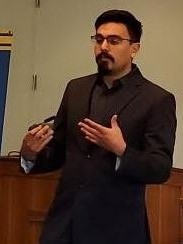 | Gabriel Elias Martinez (G-ab-riel, he/him/his) is a fourth-year Ph.D. student in the Department of Political Science and a Doctoral fellow at the Center for Social Policy. He has published papers on topics relating to local elections, immigration and attitudes toward police. He has worked with CSP analyzing data regarding health and job opportunities for Southeastern New Mexico. With CSP has analyzed national data sets on health attitudes. Gabriel Elias holds a M.A in Political Science from UNM and a B.A. in Political Science and Chicana/Chicano Studies from the University of California Davis.
|
| Betzaira Mayorga-Calleros (they/she) is a DACA recipient and Ph.D. student at the University of New Mexico. They are also a former APSA Ralph Bunche Summer Institute (2019) and APSA Diversity fellow (Spring 2023). Their research interests are rooted in exploring barriers to political participation within American politics and public policy. Their interests led them to explore questions such as the impact of COVID-19 on the trust of LGTBQ+ individuals as well as the impacts of ascribed race on police interactions during their academic program. Having passed their comprehensive exams, their interests are currently focused on how ascribed identity markers impact and create gaps in political participation and policy. They aspire to continue to expose the inequalities that persist in American public policy through thoughtful collaboration and contribute towards a more equitable and sustainable future in politics. |
